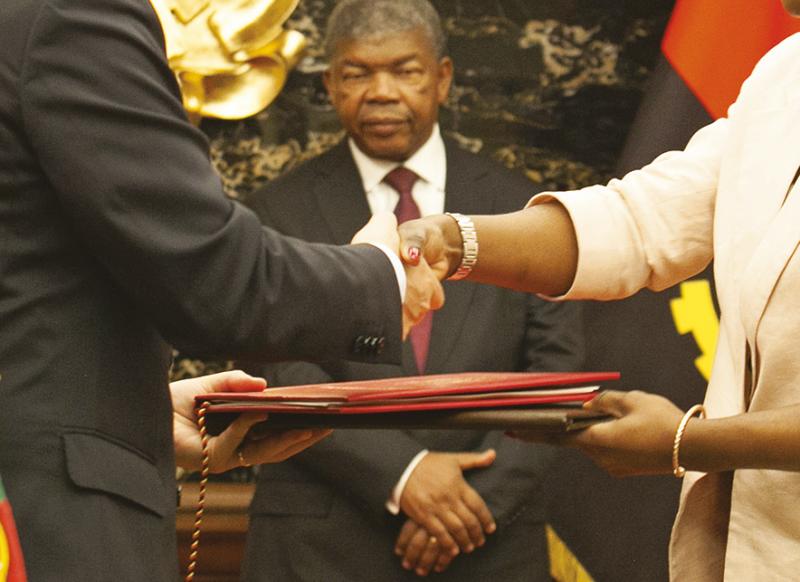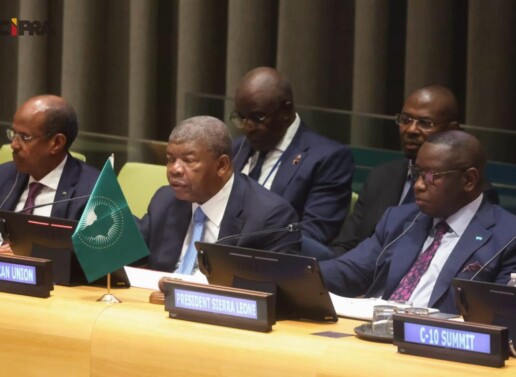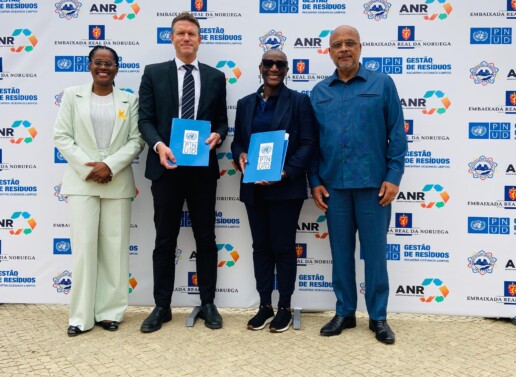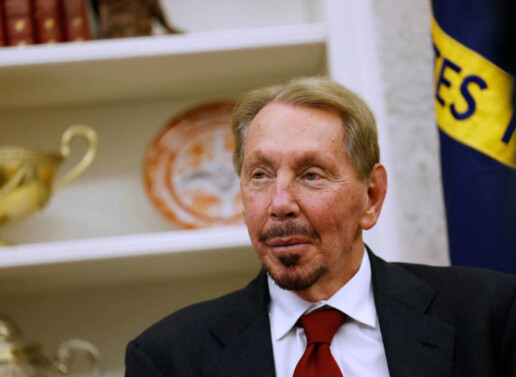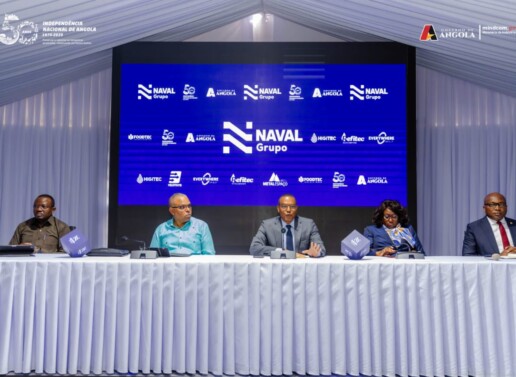Direct awards once again dominated public procurement, with public managers hiding contract values and failing to disclose the launch of tender procedures, in violation of the Public Procurement Law, which requires the publication of such openings.
Direct awards surged 880% to Kz 1.6 trillion in the first six months of the year compared to the same period last year, representing 95% of contracts signed by public officials and either reported or detected by the National Public Procurement Service (SNCP), according to Expansão’s calculations based on the institution’s report for the first semester.
In 2024, from January to June, direct awards accounted for just Kz 162 billion, equivalent to 24% of the Kz 667 billion registered by the SNCP, during which the Dynamic Electronic Procedure was the leading mechanism, totalling Kz 350 billion.
Direct awards thus return to the top, as in previous years, which, according to experts, reduces transparency in procurement and opens the door to irregularities.
From the tenders reported or identified by the SNCP, the number of procedures fell from 4,385 in the first half of last year to 1,460 in the same period this year — a 67% drop. This reduction in the disclosure of tender openings has been flagged by the SNCP as one of the major flaws in public procurement. In terms of contractualized procedures, direct awards also took the lead, with 661 procedures, followed by restricted tenders by invitation with 393. Public tenders, considered the best procurement method, were only the third choice of public officials, with 227 procedures.
Of the 1,460 procedures recorded in the first half, ministries accounted for the majority, with 64% (930 procedures), maintaining the trend from the same period last year. The same applied to contracts signed, where ministries accounted for 88% of the total 127 agreements concluded.
In terms of contract types, service acquisitions led with 680 procedures, followed by the acquisition of movable goods with 563 procedures.
Managers Concealing Procedures
Public managers continue to violate the Public Procurement Law, which requires the communication of tender openings to the SNCP as well as their publication in widely circulated media.
Although there was some improvement last year, following a directive from the Ministry of Finance, the SNCP admits that in the first half of this year, reporting did not cover all public procurement undertaken in that period.
“Despite the legal obligation to report and publish procedures, it is acknowledged that the information shared still does not cover the entirety of public procurement in the country, due to non-compliance by EPCs,” reads the SNCP’s Public Procurement Statistical Bulletin for the first semester.
The SNCP also warns of the lack of disclosure of contract values. In other words, procedures are launched without cost estimates. Compared to the first half of last year, procedures with registered contract values fell 97% in the first half of 2025.
To illustrate, according to Expansão’s calculations based on budget execution reports, in the first half of this year state agencies spent Kz 4.5 trillion on goods (Kz 1.0 trillion), services (Kz 804.5 billion), and investments (nearly Kz 2.7 trillion). Yet, the SNCP only had access to 37% of the contracts that underpinned these expenditures.
The absence of mandatory reporting to the SNCP of proposals for contracts worth Kz 182 million or more creates space for uncertainty around how much state bodies — ministries, provincial governments, institutes, among others — actually spend on procurement and with whom, according to experts.
“This loophole is an open door for managers and allows irregularities. Given that there is an institution overseeing public procurement, managers should be required to report all contracts, regardless of their value,” said consultant Pedro Santos.
For this academic, public procurement must be transparent and accessible at a single ‘click’ to improve oversight of public spending. “Public procurement data should be available on the websites of the responsible agencies for any citizen to consult. This transparency would allow us to know how much is truly being spent, which is not the case today. Very little is known about where public money actually goes,” he said.
Since the Public Procurement Law does not require reporting to the SNCP of awards for contracts worth Kz 182 million or more, legal expert Alves Silva argues that the law must be revised.
“The fact that the law does not require it does not mean public officials cannot report. But to avoid depending on their willingness, the law should in fact impose this obligation. It is time to revise the law so that the SNCP can have greater oversight of public procurement,” he argued.
The lack and poor quality of information provided by contracting public entities is also cited by the SNCP as one of the reasons for the low number of procedures registered, despite the law requiring that “the decision to contract must be mandatorily communicated by the contracting public entity to the body responsible for the regulation and supervision of public procurement”, in this case, the SNCP.
Expansão , 09/12/2025
